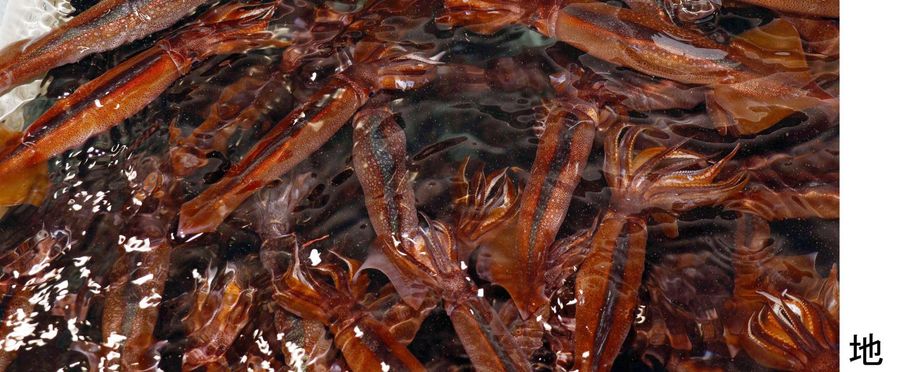In response to recent overfishing concerns, Japan's local authorities have issued a cessation order on squid fishing. The move comes as dramatic drops in squid populations, largely driven by excessive harvesting, spark fears for the sustainability of Japan's seafood industry. As one of Japan's key culinary staples, the decline of squid populations could have far-reaching impacts on regional economies, and the decision to halt fishing demonstrates an effort to balance resource availability with economic activity.
In Japan, fishing is not just an industry; it's part of the cultural heritage and national identity. Subsequently, the issue of overfishing and the sustainability of marine ecosystems is met with both concern and controversy. While the population accepts the need for conservation of marine resources, such moves can also impact local economies that rely heavily on fishing. The squid halt issue underlines a larger debate within the country about the delicate balance between economic interests and environmental sustainability.
In the US and EU, overfishing is also a pressing issue and similar measures to halt fishing of certain species have been taken. However, the cultural significance of fishing in Japan creates a unique dynamic that doesn't fully equate with Western contexts. In the US and EU, the conversation often leans more heavily towards conservation, with less of a reticence to impose restrictions on fishing for the sake of protecting marine biodiversity.

